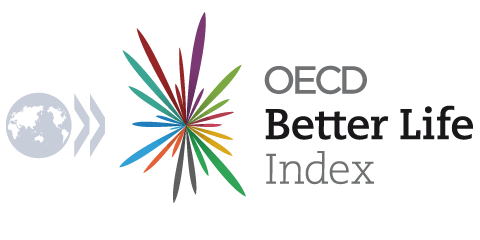The Happy Planet Index 2012
Costa Rica and most Latin American countries are more ecologically efficient than richer nations such as the USA and Germany. That’s the message that comes out of the new Happy Planet Index, launched today by nef (the new economics foundation).
(This post first appeared on the Wikiprogress ProgBlog under the title “The 2012 Happy Planet Index launched today)
The HPI is a measure of progress that measures what matters – the extent to which people within countries achieve long, happy, lives whilst leaving resources for future generations to do the same. It’s an efficiency measure – how much well-being do countries produce per unit of ecological resources?
For the second time, Costa Rica tops the list. In this small Central American country, life expectancy is second only to Canada within the Americas, experienced well-being is higher than many richer nations, and the average Ecological Footprint of the population is one third the size of the average US citizen. Of the top 10 countries, only one is not in Latin America.
Meanwhile, Western nations are somewhat behind, the highest ranking European country being Norway in 29th place, just behind New Zealand in 28th. The US comes 105th. All of these countries do well, or at least reasonably well in terms of achieving health and happiness (though bear in mind that life expectancy in the US, for example, is only 3 years more than in Vietnam). But what really brings their HPI scores down is their Ecological Footprint. Happy and healthy yes, but not sustainably so.
The HPI highlights the importance of how we measure progress. Bringing the two central goals of well-being now and well-being in the future together into a single simple measure, it allows us to get a sense of the direction we need to travel in. It highlights that the countries that are normally seen as the models of success, such as the US or even places like Denmark (ranked 110th) are not actually the closest to achieving sustainable well-being. It ensures that measures of environmental impact are brought together with measures of what people instinctively and naturally value, and not left aside as additional information. And it does all this in a way that is easy to communicate.


Comentários